How Vladimir Putin became the Middle East’s power-broker
Russian president to push world leaders for Syrian peace plan after Assad meeting
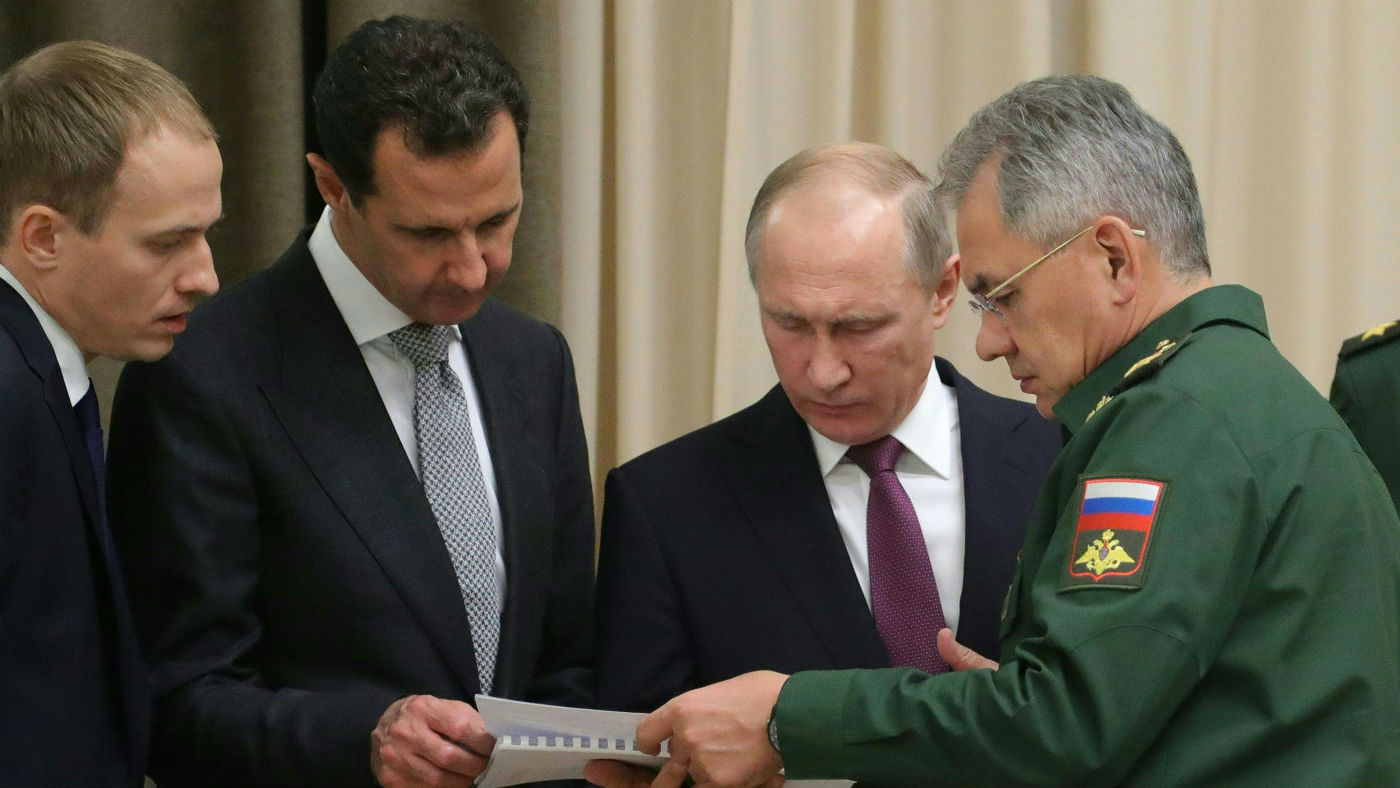
A free daily email with the biggest news stories of the day – and the best features from TheWeek.com
You are now subscribed
Your newsletter sign-up was successful
Vladimir Putin has staked his claim to be a Middle East power-broker after pushing world leaders to agree a lasting peace in Syria.
The Russian president hosted his Syrian counterpart and ally Bashar al-Assad in the Black Sea resort of Sochi on Monday. The meeting with Assad, only the second time the Syrian leader has travelled abroad since the civil war started more than six years ago, “was apparently staged carefully to show off Putin’s claim to be the new power-broker in the Middle East”, says The Times.
Today, Turkish President Recep Tayyip Erdogan and Iranian President Hassan Rouhani, whose countries back opposing sides in the Syria conflict, will travel to Russia for a three-way meeting with Putin.
The Week
Escape your echo chamber. Get the facts behind the news, plus analysis from multiple perspectives.

Sign up for The Week's Free Newsletters
From our morning news briefing to a weekly Good News Newsletter, get the best of The Week delivered directly to your inbox.
From our morning news briefing to a weekly Good News Newsletter, get the best of The Week delivered directly to your inbox.
This is a remarkable turn-around for Assad, who has faced intense international pressure to stand down, and a triumph of diplomacy and military strength from Putin.
Russian forces, who began their invention in Syria two years, have been widely credited as turning the tide in Assad’s favour and to underscore their importance Assad praised military leaders in Sochi for “defending the territorial integrity of [his] country”.
Reuters says previous efforts to end the brutal war “have largely foundered because of bitter disagreements among players in the conflict, both inside and outside Syria, especially whether Assad himself should stay in power”.
It is a sign of Putin’s growing influence in the region that the decision whether Assad stays or goes is now almost entirely down to him. But while he may be feted by the Syrian regime, the intervention has come at a political cost for Putin at home.
A free daily email with the biggest news stories of the day – and the best features from TheWeek.com
According to a recent poll by the Levada Center, half of all Russians now believe the military operations in Syria should come to an end. As many as 32% believe the war could become a “new Afghanistan”, in reference to the brutal 10-year campaign which exhausted the Soviet Union in the 1980s and played a role in its collapse.
News of mounting Russian casualties, reportedly 131 in the first nine months of the year, “have added to the impetus for an end to the Russian operation”, says The Independent.
-
 How the FCC’s ‘equal time’ rule works
How the FCC’s ‘equal time’ rule worksIn the Spotlight The law is at the heart of the Colbert-CBS conflict
-
 What is the endgame in the DHS shutdown?
What is the endgame in the DHS shutdown?Today’s Big Question Democrats want to rein in ICE’s immigration crackdown
-
 ‘Poor time management isn’t just an inconvenience’
‘Poor time management isn’t just an inconvenience’Instant Opinion Opinion, comment and editorials of the day
-
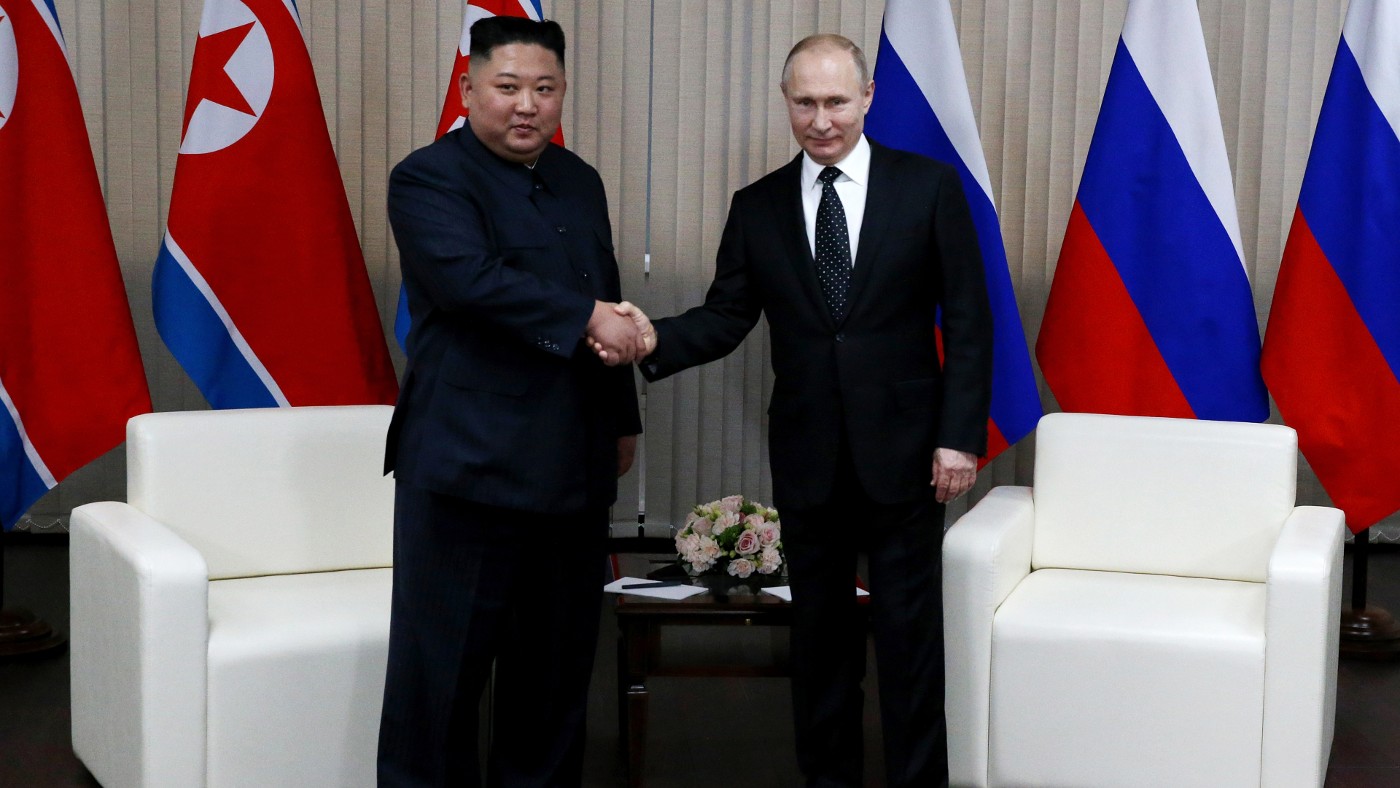 Would North Korean weapons tilt the war Russia’s way?
Would North Korean weapons tilt the war Russia’s way?Today's Big Question Putin wants to boost ‘depleted stocks’ but Pyongyang’s arms may be in poor condition
-
 Nobody seems surprised Wagner's Prigozhin died under suspicious circumstances
Nobody seems surprised Wagner's Prigozhin died under suspicious circumstancesSpeed Read
-
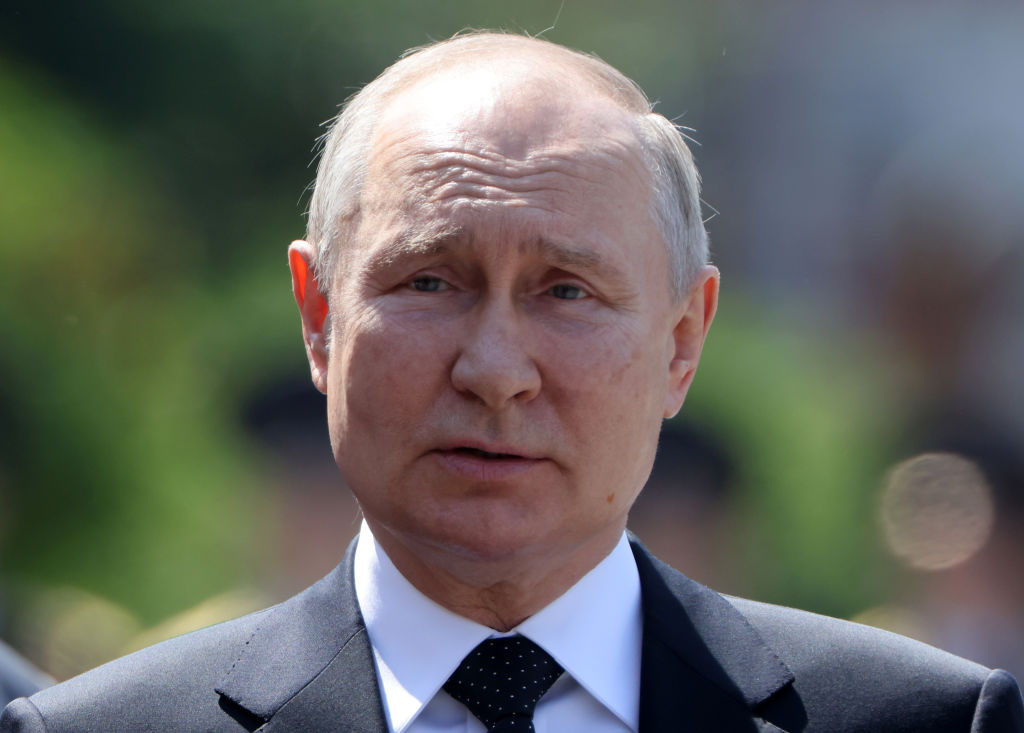 Putin's grip on power apparently damaged after Wagner mutiny
Putin's grip on power apparently damaged after Wagner mutinySpeed Read
-
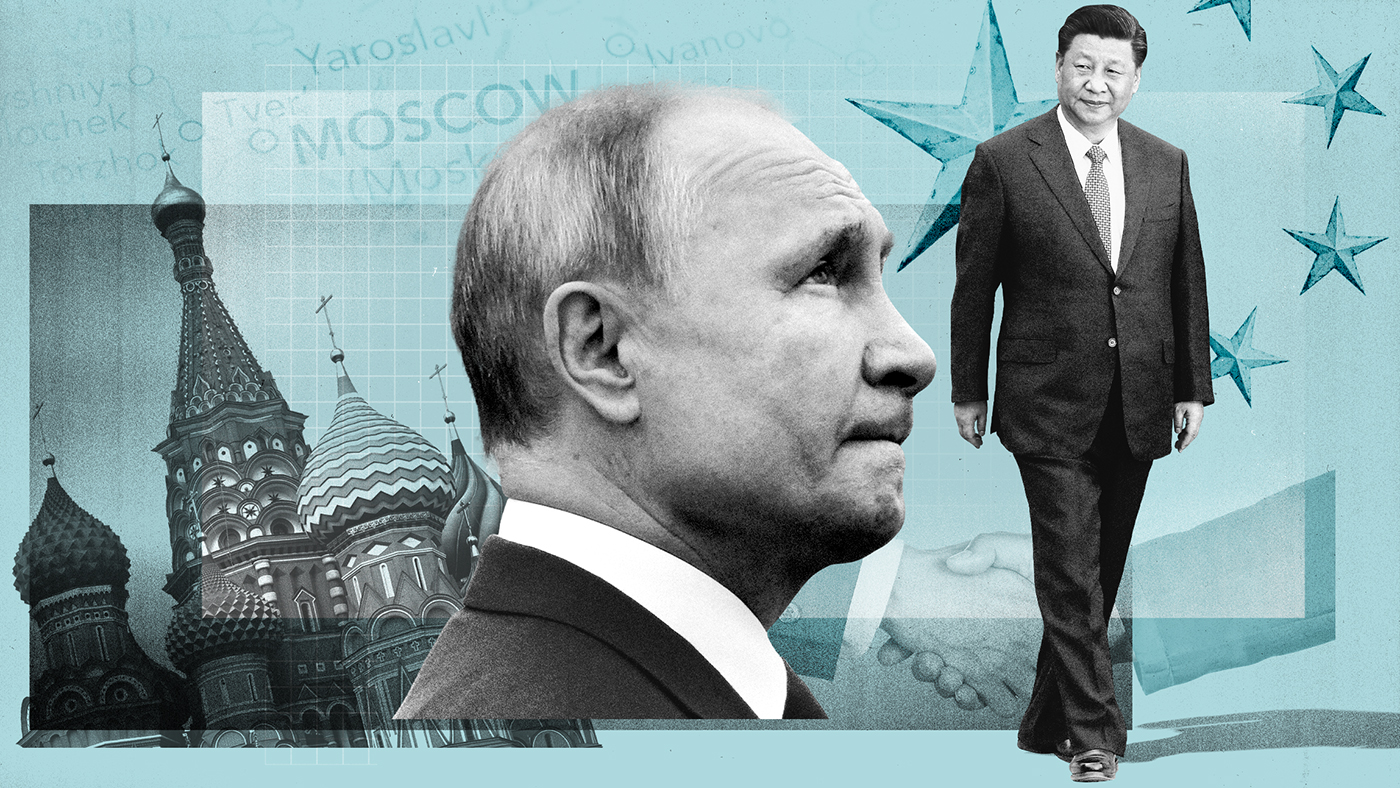 Is Russia a Chinese 'client state'?
Is Russia a Chinese 'client state'?Today's Big Question Reading between the lines of Xi and Putin's Moscow summit
-
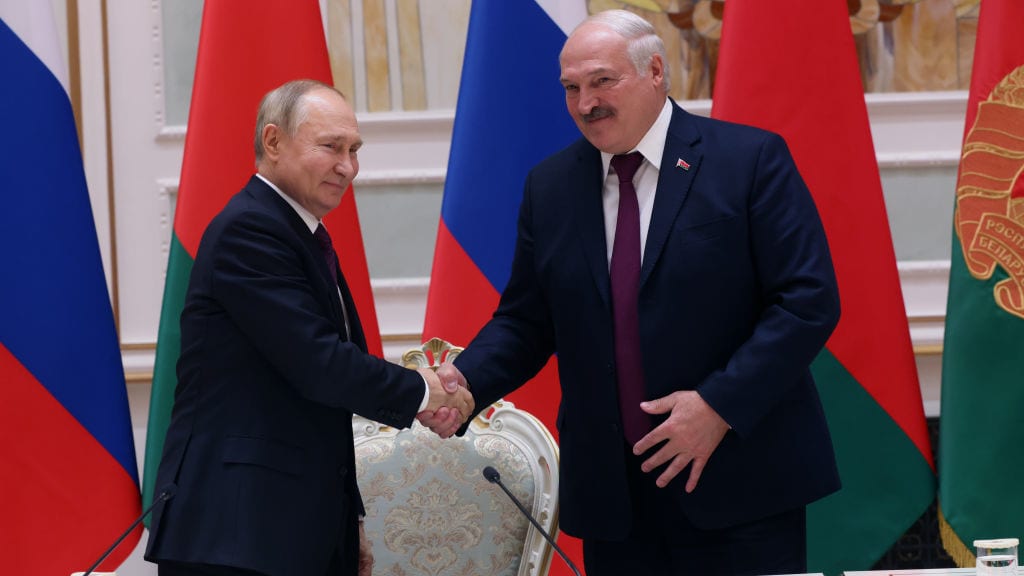 Putin, Lukashenko meet as Ukraine fears Moscow could launch offensive from Belarus
Putin, Lukashenko meet as Ukraine fears Moscow could launch offensive from BelarusSpeed Read
-
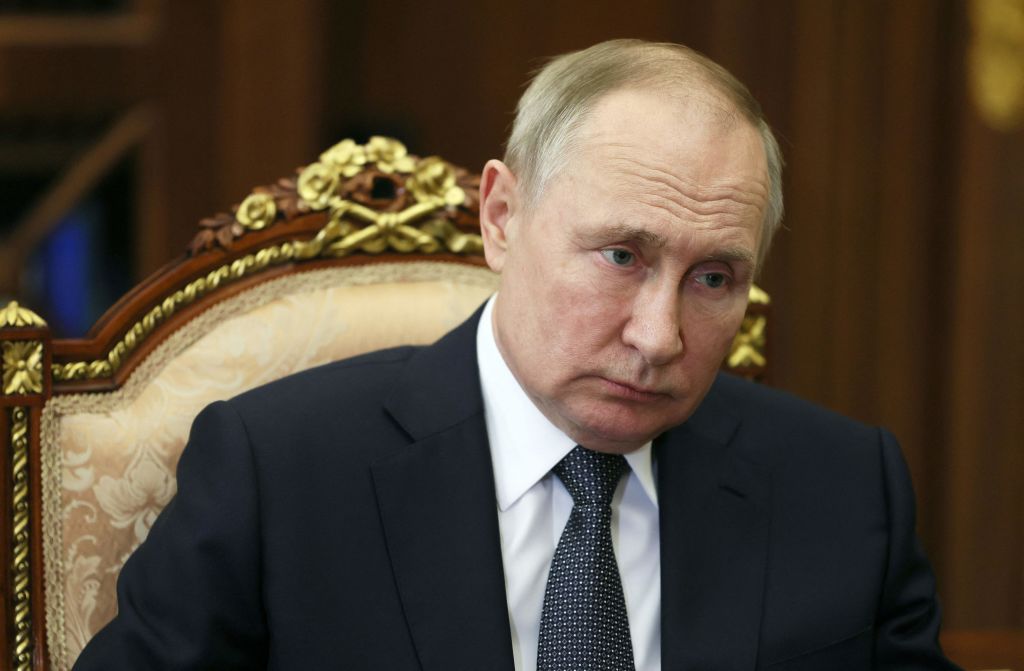 Vladimir Putin will skip annual year-end press conference for 1st time in a decade amid Ukraine setbacks
Vladimir Putin will skip annual year-end press conference for 1st time in a decade amid Ukraine setbacksSpeed Read
-
 ‘It’s all gravy in Deppland’
‘It’s all gravy in Deppland’Instant Opinion Your digest of analysis from the British and international press
-
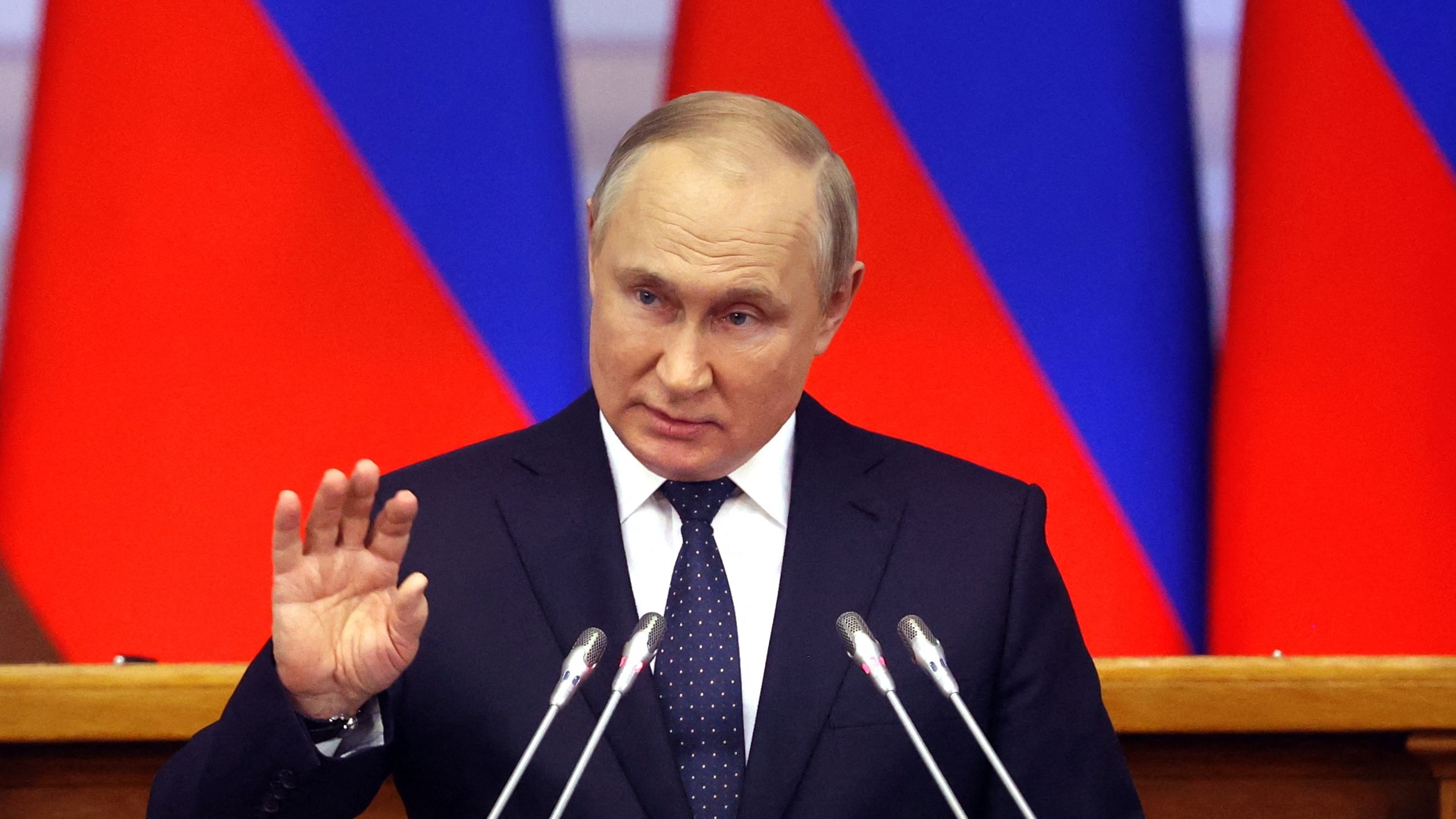 ‘Negotiation with Putin would be a moral disaster’
‘Negotiation with Putin would be a moral disaster’Instant Opinion Your digest of analysis from the British and international press